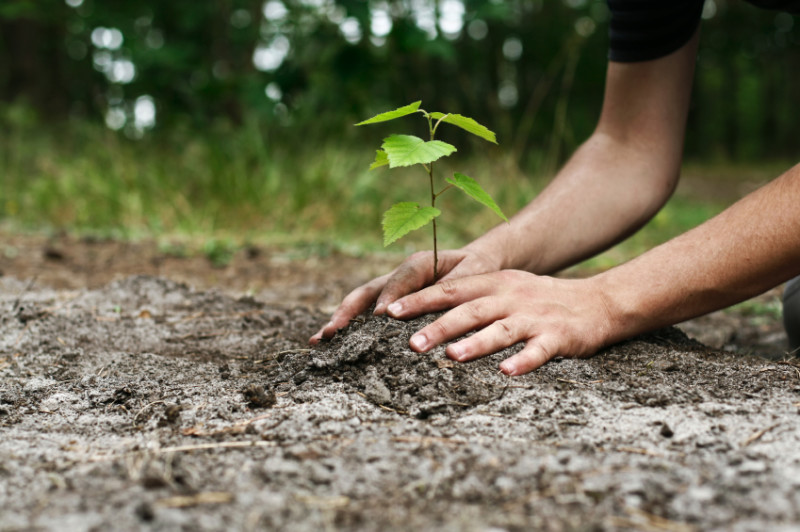The Aid Foundation, a non-governmental organisation (NGO), says it’s mobilising relevant stakeholders to plant over six million trees in Kaduna State.

Mr Emmanuel Bonet, Executive Director of the Foundation, said this on the sideline of a one-day engagement with relevant stakeholders in Kaduna on Friday, July 16, 2021.
Bonet said that the initiative was under a project tagged, “Green Peace.”
He added that the project was designed to promote peace, mitigate climate change, promote sanitation and hygiene and discourage open defecation.
Bonet said that the initiative was under a Public Private Partnership with relevant government agencies and private organisations.
He identified some of the government agencies as Kaduna State Facilities Management Agency, Kaduna State Ministry of Environment, Interfaith Mediation Centre, Kaduna State Peace Commission and Ministry of Internal Security and Home Affairs.
According to him, a good number of youths from predominantly Muslim community would go and plant trees in a predominantly Christian community and vice versa.
He said that, in the two months, about 100,000 trees would be planted in public facilities, like banks, hospitals, schools, hospitals, and other public places.
Bonet said that before 2022, one million trees would be planted in strategic locations within Kaduna metropolis alone to promote peace.
“After this, we have a target of planting five million trees within the forests of Kagoro in Kaura Local Government Area (LGA), Afaka in Kudan LGA and Chikun, in Chikun LGA.
“These forests are already depleting due to massive deforestation by loggers, and in dire need of afforestation by planting trees.
“We are also working with renewable energy organisations to provide alternative sources of clean energy for people using wood to cook and for other businesses,” he said.
The executive director said that the Aid Foundation was equally working with government agencies and private organisations to provide toilet facilities in public places.
He said: “We are also hoping that toilets are going to be built in all public facilities like banks, supermarkets, hospitals, particularly at the entrance gate so that people can access them easily.
“This will go a long way in preventing open defecation in the state, particularly around public infrastructure and offices.
“Therefore, the engagement was to get the private organisations and government agencies to commit to making provisions for toilet facilities that will be accessible by members of the public.
“This will significantly tackle the problem of open defecation.”
By Philip Yatai
